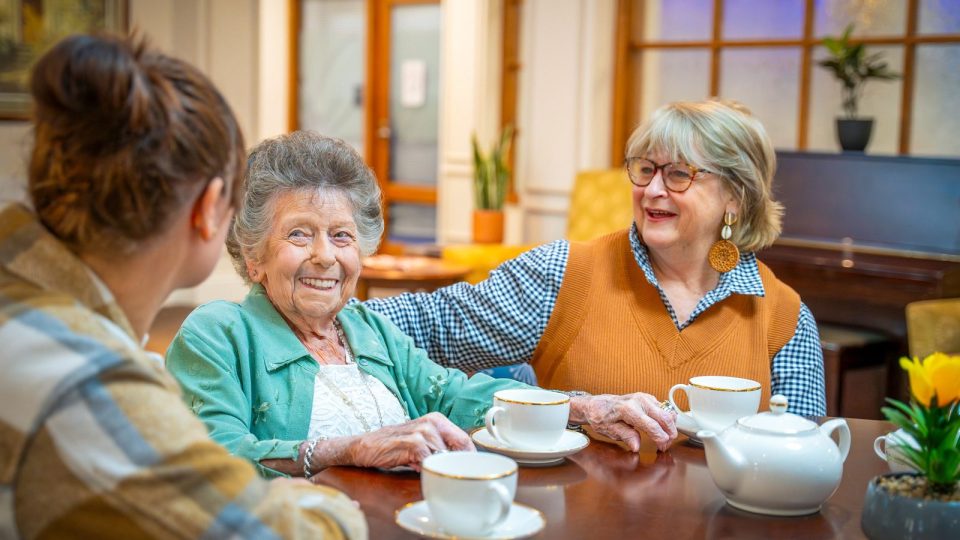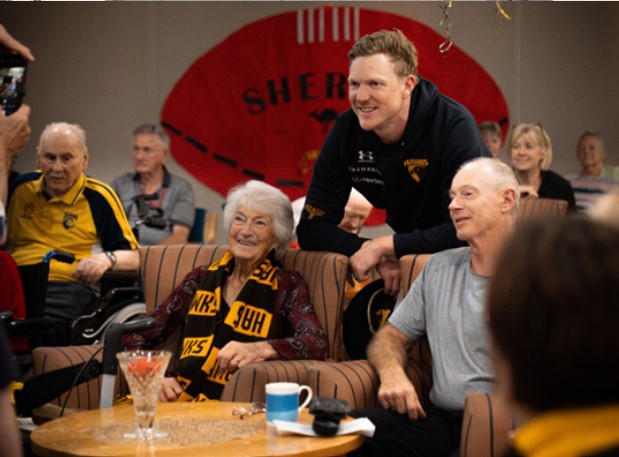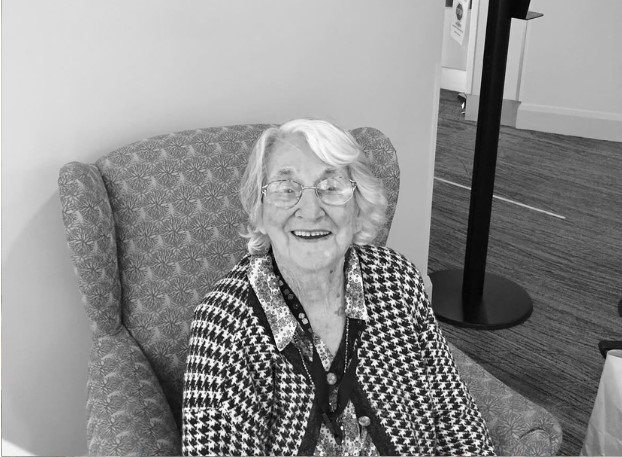From the laundry to the front office
- 20 Jul 2023

Adam Jochim, Residential Care & Services Manager at Baptcare Peninsula View residential aged care community, is not usually short of words. However, when asked to describe the impact of office manager Suzanne Lewry, he takes a moment.
“Suzanne is just wonderful,” he says eventually. “She is open, understanding and a pillar of support.
“The other thing is that she is so incredibly fast to get her head around any changes to procedure, computer programs or staff. We are lucky to have her.”
Suzanne’s connection with Peninsula View goes back to a time before it was a Baptcare community. She started working at the facility in 2008, and stayed on when Baptcare took over in 2013.
“My background had been in admin but I was out of the workforce until the youngest of my three kids commenced school,” Suzanne remembers.
“I wanted a job, and a position was going here as a casual cleaner. I then became a laundry assistant for a couple of years, moved into lifestyle team then worked as Laundry Manager, and then when an opportunity came to return to administration, I jumped at that.
“As office manager I oversee all admin tasks including rostering, recruitment, looking after new starters and overseeing visiting.
“I think it’s important to know what everyone has to do in their role, and what the challenges are. Having worked in so many different roles I know what it’s like for my colleagues, and that understanding really helps.”
Suzanne was born and raised in the area and loves working with the older people of the Peninsula. When she is away from work she is relishing her new role as a grandmother to one grandchild (with another on the way soon).
“I feel a strong attachment to all of our residents. Their faces light up when they see you.
“I look around Peninsula View and see my colleagues making an important difference in people’s lives. It makes me proud to be working with Baptcare.”
Community news
-

How to talk to a loved one about moving into aged care
One of the most challenging conversations we may have with our loved one is about whether it’s time to consider moving into residential aged care. Whether it’s a parent, grandparent, or partner, the topic can stir feelings of resistance and guilt. But when approached with empathy, patience and deep respect for the individual’s wishes, this conversation can become a meaningful step toward greater safety, comfort and connection.
- 18 Feb 2026
-

Hawthorn stars bring footy fun to Abbey Gardens
There was no mistaking the colours at Abbey Gardens Residential Aged Care Community in Warragul this week – brown and gold as far as the eye could see. Residents and staff donned their finest Hawthorn Football Club gear as players and support staff arrived for a visit, chatting with residents, signing autographs and bringing plenty of footy fun.
- 18 Feb 2026
-

Dressmaker, traveller, Bulldogs fan and volunteer – Thelma turns 100!
Thelma Powell, beloved resident and former volunteer at Westhaven, turned 100 on 9th February 2026 with balloons, party hats, and cake! Surrounded by her family, care team, the local MP, and Mayor, as well as a representative from her beloved footy team, the Bulldogs, it was a day to remember.
- 13 Feb 2026
